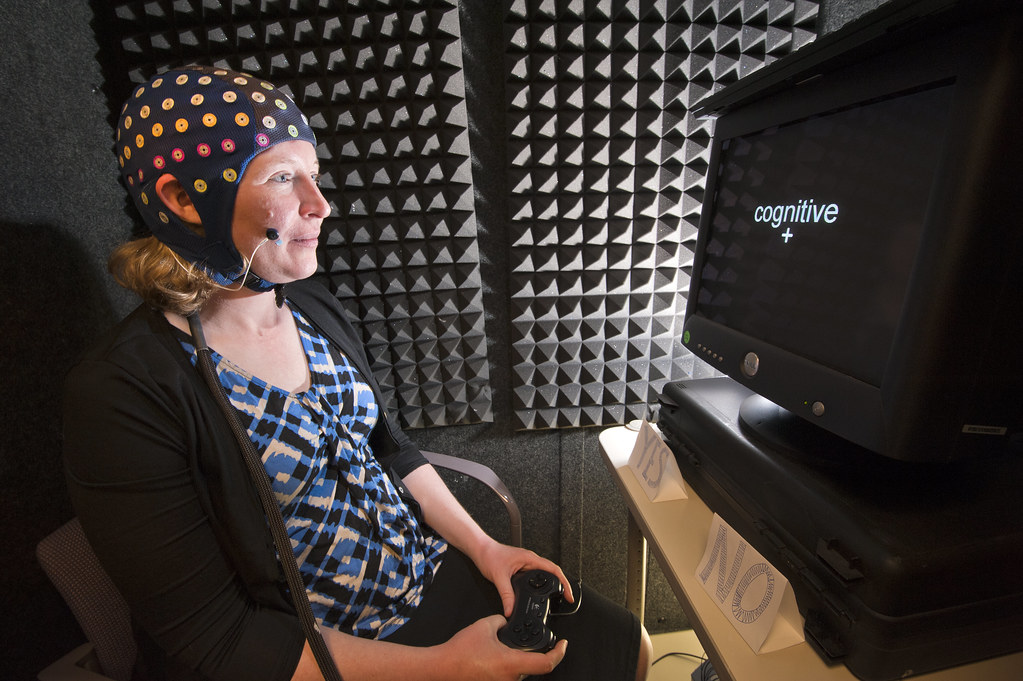Sometimes it feels like I am stuck in a bit of a cognitive cage. The idea of putting thoughts into words for a blog article feels like some kind of Herculean effort. Nonetheless, I want to research cognitive training for schizophrenia, and the only way to communicate my findings is to write about them. Chat GPT may be able to write wordy blog articles about generic topics, but it doesn’t yet have the specific knowledge about what I want to communicate to you, about the plight of cognitive deficits with a diagnosis of schizophrenia.
My psychiatrist completely rubbishes me when I suggest ‘poverty of speech’, ‘poverty of thought’ or any kind of challenge with communication with him, but it is a near-daily challenge for me. And lately, I have noticed quite a big difference in dropping from 30 mg of mirtazapine to 15 mg of mirtazapine.
There is some research to suggest that mirtazapine may help to alleviate some of the negative symptoms of schizophrenia, particularly for those people using first-generation antipsychotics (not me), although the evidence is mixed, with some studies not finding any effect. Further research into this topic would benefit from a rigorous assessment of methodologies.
Non-pharmaceutical interventions for cognitive deficits in schizophrenia
I subscribe to the view that where possible, mental illness should be treated with methods that are not pharmaceutical, so I am loth to up my dose of that antidepressant again. I want to find (and possibly contribute to the development of) psychological or cognitive interventions that can help to address my cognitive deficits, such that we can learn to speak, improve episodic and verbal memory, and resolve this ‘poverty of thought’, such that our brains ‘work’ and we can enjoy conversations again.
It is a huge ask. What I want to do is to develop a protocol that will ‘cure’ the negative symptoms or cognitive deficits of schizophrenia, in a non-pharmacological treatment. It is no small undertaking!
Is it even a thing? To develop cognitive training for schizophrenia to address the cognitive deficits of a particular disorder? (I am about to find out!)
Results of research into cognitive training for schizophrenia
There seem to be a plethora of cognitive training opportunities out there for building verbal memory (for example). The trick seems to be in finding an offer that actually does what it says on the tin and one which works! This study described some of the training of verbal memory, that did result in improvements in verbal performance of participants. https://www.ncbi.nlm.nih.gov/pmc/articles/PMC5550674/
The question seems to me to be – how to get my hands on the training developed in these studies! https://pubmed.ncbi.nlm.nih.gov/26903238/
And then I hit on the jackpot, with this study by Melissa Fisher, PhD, Christine Holland, B.A., Michael M. Merzenich, PhD, and Sophia Vinogradov, M.D. (2009), ‘Using Neuroplasticity-Based Auditory Training to Improve Verbal Memory in Schizophrenia’ accessed online, https://www.ncbi.nlm.nih.gov/pmc/articles/PMC2720319/ the training in this study sounds very exciting. And it is accessible! https://www.brainhq.com/why-brainhq/ – I have just written to them to ask for specific training for people with a diagnosis of schizophrenia. So, I will let you know what they say!
Gold!
Absolute gold. And all before midnight on a glorious Thursday evening.

Brain HQ training exercises for schizophrenia
The kind people from Posit Science got back to me and let me know that the following exercises were used in the above study by Fisher et al.
- Sound sweeps
- Fine tuning
- In the know
- To-Do list training
- Memory grid
- Syllable stacks
In addition to these exercises, Posit Science would also recommend exercises in the People Skills category. These exercises can be beneficial in improving interpersonal skills and fostering social connections.
It is exciting, am I right? Good luck!
Image credit
“Predicting cognitive test performance” by SandiaLabs is licensed under CC BY-NC-ND 2.0.


Leave A Comment